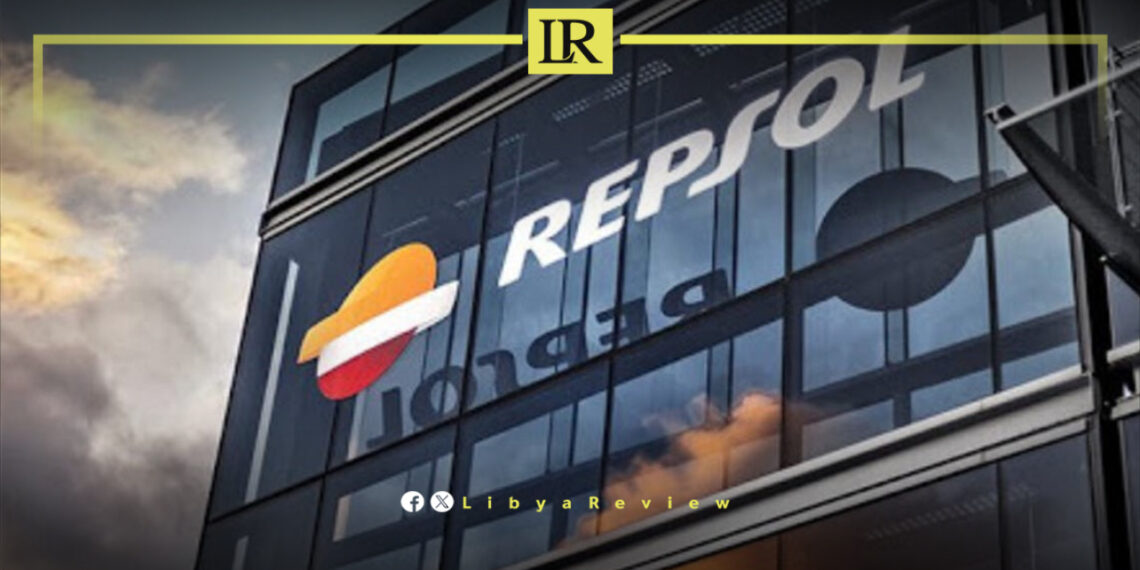Repsol, the Spanish energy giant, has resumed its exploration activities in the Murzuq Basin, marking the end of a 10-year suspension since 2014.
The Libyan National Oil Corporation (NOC) announced via its official Facebook page that Repsol has begun drilling operations at the exploratory well “A1-2/130” (Moamel Nasr). The company plans to test the “Muminyat” formation, with the well expected to reach a final depth of 6,050 feet.
The site is strategically located, lying 800 kilometers south of Tripoli and just 12 kilometers from the Sharara oil field, one of Libya’s most productive oil facilities.
This move comes as a significant boost to Libya’s oil sector, following years of challenges. Last October, the NOC revealed that Italy’s Eni and Britain’s BP also resumed exploration activities in Libya after halting drilling operations in onshore areas since 2014.
Libya has been in chaos since a NATO-backed uprising toppled longtime leader Muammar Gaddafi in 2011. The county has for years been split between rival administrations.
Libya’s economy, heavily reliant on oil, has suffered due to the ongoing conflict. The instability has led to fluctuations in oil production and prices, impacting the global oil market and Libya’s economy.
The conflict has led to a significant humanitarian crisis in Libya, with thousands of people killed, and many more displaced. Migrants and refugees using Libya as a transit point to Europe have also faced dire conditions.
The planned elections for December 2021 were delayed due to disagreements over election laws and the eligibility of certain candidates. This delay has raised concerns about the feasibility of a peaceful political transition.
Despite the ceasefire, security remains a significant concern with sporadic fighting and the presence of mercenaries and foreign fighters. The unification of the military and the removal of foreign forces are crucial challenges.


